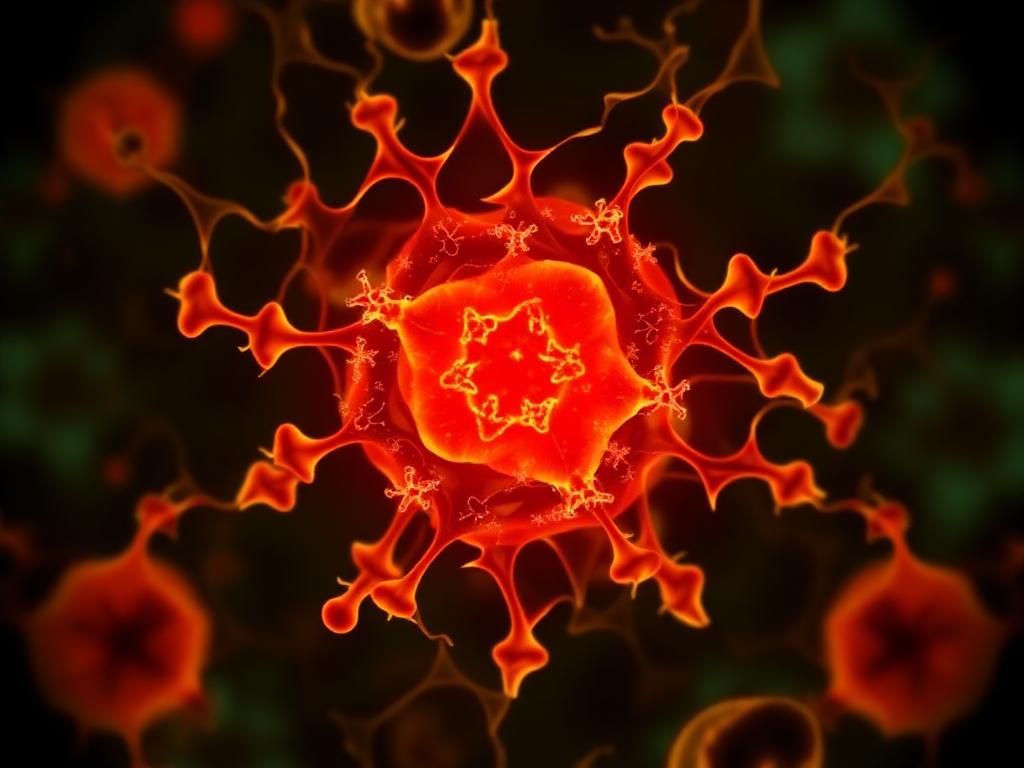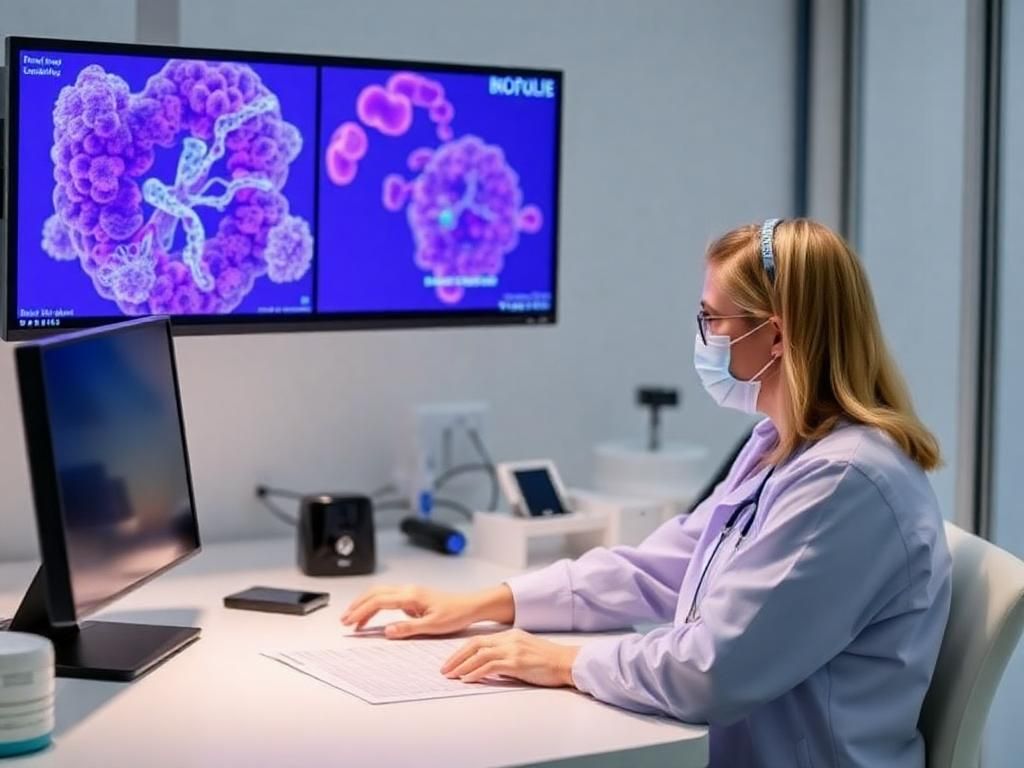Physical Address
304 North Cardinal St.
Dorchester Center, MA 02124
Physical Address
304 North Cardinal St.
Dorchester Center, MA 02124
The significance of Biolife Plasma in the medical field cannot be overstated. Plasma, the liquid component of blood, plays a pivotal role in numerous treatments and therapies. With a high demand for plasma-derived products, the process of plasma donation is crucial not only for the production of life-saving therapies but also for improving the health outcomes of countless patients. Understanding the intricacies of plasma donation underscores its importance and encourages individuals to contribute to this noble cause.
Biolife Plasma refers to the service provided by Biolife Plasma Services, a leading network of centers dedicated to the collection of human plasma for medical purposes. Plasma is rich in proteins and antibodies and is essential for the treatment of various medical conditions, including clotting disorders, immune deficiencies, and burn treatments. The plasma donation process involves collecting plasma from healthy donors, which is then processed and transformed into various therapies that improve patient lives.
The role of plasma in medical treatments is immense. Plasma-derived therapies are critical for patients with conditions such as hemophilia, where clotting factors are necessary for blood coagulation, and individuals undergoing surgeries or who have suffered severe burns need albumin, a plasma protein, for recovery. The demand for such therapies continues to rise; thus, the need for regular plasma donations is essential to meet this growing requirement.
To donate plasma, individuals must meet specific eligibility criteria to ensure both donor and recipient safety. Key requirements include:
The process of plasma donation is efficient and safe and comprises several stages:
The entire plasma donation process, including screening and donation, usually takes about 1.5 to 2 hours. Donors can typically donate plasma every 28 days, allowing for frequent contributions throughout the year.

Donating plasma comes with several benefits for the donors, including:
The significance of donated plasma is highlighted by its ability to save lives. Plasma-derived therapies are essential for treating various medical conditions. Examples include:
Safety is paramount in the plasma donation process. Centers implement robust safety protocols to protect both donors and recipients:
Before and after donation, there are specific recommendations for donors to optimize their health and donation experience:
Biolife Plasma Services operates numerous donation centers nationwide, ensuring accessibility for potential donors. Each center is equipped with state-of-the-art facilities and technology to facilitate a safe and comfortable donation experience. The welcoming environment and dedicated staff help ensure the donation process is smooth and reassuring for first-time donors.
Biolife Plasma is deeply committed to community involvement. They run local outreach programs aimed at educating the public about the importance of plasma donation. Additionally, partnerships with health organizations enhance awareness and foster a supportive network for potential donors. Engaging with local hospitals and health fairs helps to raise awareness of plasma’s vital role in healthcare.

Many prospective donors have questions before participating in plasma donation. Here are some commonly asked questions:
Many myths about plasma donation can deter potential donors. Here are some clarifications:
If you’re interested in becoming a plasma donor, follow these steps:
To enhance community support for plasma donation, individuals can:
In summary, Biolife Plasma plays a vital role in healthcare through plasma donation. The process is safe, beneficial to both donors and recipients, and increasingly essential as the demand for plasma therapies rises.
Consider joining the ranks of plasma donors and making a difference in the lives of others. Visit Biolife Plasma Services for more information about how you can contribute to this life-saving initiative.
| Aspect | Description |
|---|---|
| Eligibility | Healthy adults aged 18 and over, meeting health requirements. |
| Duration | 1.5 to 2 hours per donation. |
| Frequency | Every 28 days, up to 13 times a year. |
| Benefits to Donors | Financial compensation, health benefits, sense of community. |
| Benefits to Recipients | Life-saving therapies for various medical conditions. |